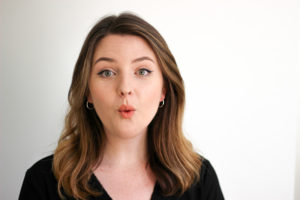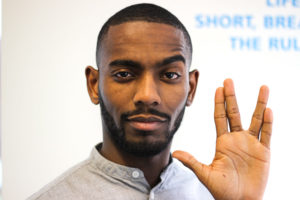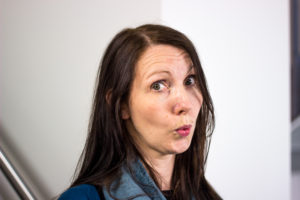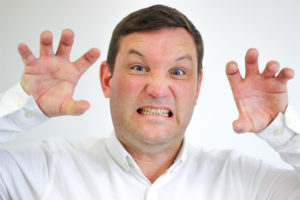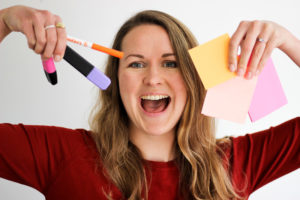Our book recommendations for social entrepreneurs
9 Aug 2018
There’s nothing quite like opening the first page of a new book, is there? You know there are gems hidden in the pages, just waiting for you to get to them. Each new book could be the one that makes you realise a fundamental truth, inspires you to pursue a new direction in life, or even quit your nine-to-five and start your own social enterprise (our favourite one, obviously).
Here at the School for Social Entrepreneurs, we know the power of a good book, and we’re always recommending something to our students (we even have a free library). So here are the top picks from our staff at the Central office.
Ian Baker, head of learning 
Maverick: The Success Story Behind the World’s Most Unusual Workplace, by Ricardo Semler
“Semler inherited a factory in Brazil and completely revolutionised the way he worked with his employees. He let them set their own salaries and working hours, which I think is a good idea! I like the radical nature of what he did.”
Bethan McGrath, communications coordinator
Factfulness: Ten Reasons We’re Wrong About the World – and Why Things Are Better Than You Think by Hans Rosling, Ola Rosling, Anna Rosling Rönnlund
“I’ve been recommending this book to everyone recently. It’s perfect for people who want to make a difference in the world but feel overwhelmed by the array and scale of problems that need to be tackled. The author argues that most of us believe the world is getting worse, but we’re actually making global progress in many ways. To continue to solve the planet’s problems, we have to look at the facts to see which tactics work and which don’t, and avoid the feelings of powerlessness and despair that so many of us feel when we watch the news. The author Hans Rosling, spent the last years of his life working on this book, and he presents really complex problems in an easy, engaging way.”
Aaron John
Change by Design: How Design Thinking Transforms Organizations and Inspires Innovation by Tim Brown
“It’s a really cool book. Brown says that when you’re designing a product, service or programme, you should put your beneficiary at the heart of everything and really involve them. It makes you realise the importance of people, not just your big idea.”
Lucy Fyleman, Salesforce project manager 
David and Goliath: Underdogs, Misfits and the Art of Battling Giants by Malcolm Gladwell
“Does going to university ensure you get the best outcome in life? This book showed me that the answers to these sorts of questions aren’t so clear cut. Often what we want isn’t what we actually need, and this works on a personal as well as societal level. It’s the perfect book for the underdog (and also talks about why so many social entrepreneurs have dyslexia!)”
Nils Bucknell, learning manager
The Social Entrepreneur’s Playbook: Pressure Test Your Start-Up Idea by Ian C MacMillan and James D. Thompson
“The book I recommend to our students most often is the Social Entrepreneur’s Playbook. It’s a very practical book full of tools for each stage of a start-up, from understanding the problem, testing and finding solutions.
“Even though I’ve only been asked for one recommendation, I’m a rule-breaker so the second book I’d recommend is Lean Startups for Social Change. It author, Michel Gelobter, is one of the few people who has translated the lean start up methodology to the social sector.”
Graeme English, OnPurpose associate
Let My People Go Surfing: The Education of a Reluctant Businessman, by Yvon Chouinard
‘This book is about a man who stumbles into being the CEO of a big outdoor clothing company. It showed me that even big companies can be successful while having a positive impact on the environment. The book helped me clarify a lot of my thinking on the topic. I’d really recommend it”.
Sophie Hobson, head of communications
Matilda by Roald Dahl
“Sometimes the only way to create change is by being a little bit naughty. Matilda has been my messiah of mischief for many years. She isn’t afraid to break the rules to fight her cause. She stands up for herself and for others who are facing injustices. But she’s not sanctimonious about it. Matilda and her chums make social justice fun! (If only more of us could combat brutality by dropping a newt into a glass of water, a la Lavendar.) This book irreverently proves that those in power aren’t always right – a pretty formative lesson when you’re a kid reading Roald Dahl. With hard work, ingenuity, self-belief and a cheeky streak of not giving a ****, we can overcome Trunchball-like tyranny!”
Which books have impacted you? Let us know on Twitter or Instagram


